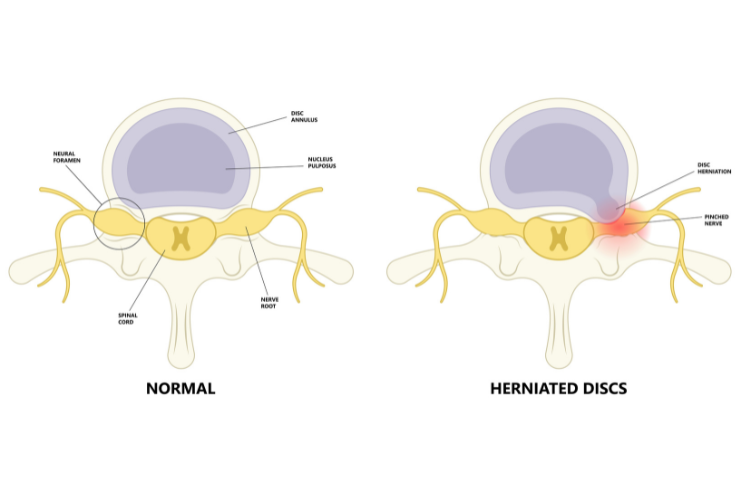
A Discectomy is a surgical procedure designed to relieve pressure on spinal nerves caused by a herniated disc. If you’re experiencing severe back pain, leg pain, or numbness due to a herniated disc, a discectomy could provide the relief you need.
What Is a Discectomy?
A discectomy involves removing the portion of the herniated disc that is pressing on a nerve in your spine. This compression can lead to significant pain, weakness, or numbness in your back, legs, or arms, depending on where the herniation occurs. By removing the damaged part of the disc, the pressure on the nerve is alleviated, often resulting in immediate pain relief.
Types of Discectomy Procedures
Open Discectomy:
Microdiscectomy:
Endoscopic Discectomy:
Who Needs a Discectomy?
A discectomy is often recommended if you have:
Benefits of Discectomy
What to Expect During Recovery
Recovery from a discectomy varies depending on the surgical approach. For minimally invasive procedures, you may go home the same day or after a short hospital stay. Light activities can often be resumed within a few days, with a gradual return to full activity over a few weeks. Your doctor may recommend physical therapy to help strengthen your spine and prevent future issues.
Is Discectomy Right for You?
If you’re struggling with persistent back or leg pain from a herniated disc, a discectomy might be the solution you need. Dr. Sameep Koshti specializes in both traditional and minimally invasive discectomy techniques, ensuring that each patient receives the most appropriate and effective treatment. Schedule a consultation to learn more about how a discectomy can help you regain a pain-free life.